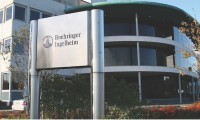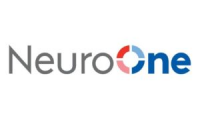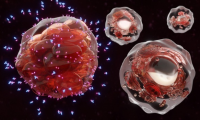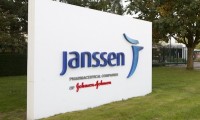-
Boehringer Ingelheim to acquire T3 Pharmaceuticals in deal worth over $500m
- Source: drugdu
- 106
- November 25, 2023
-
Merck to acquire Caraway Therapeutics in a deal worth up to $610m
- Source: drugdu
- 230
- November 25, 2023
-
European Patent Office Declares One of Moderna’s mRNA Patents Invalid
- Source: drugdu
- 109
- November 24, 2023
-
Merck & Co bolsters neurogenerative portfolio with Caraway acquisition
- Source: drugdu
- 109
- November 23, 2023
-
Antibiotic consumption in Europe rebounds to pre-pandemic levels
- Source: drugdu
- 108
- November 21, 2023
-
NeuroOne picks former Cardiovascular Systems VP as new COO
- Source: drugdu
- 95
- November 17, 2023
-
Alkermes Spins Off Oncology Business with $275M to Focus on Neuroscience
- Source: drugdu
- 129
- November 17, 2023
-
Jazz Inks $770M Deal with GSK Spinout Autifony, Nabs Two Neuro Assets
- Source: drugdu
- 120
- November 16, 2023
-
EU regulator changes its mind on Mirati’s KRAS inhibitor Krazati with a thumbs-up following initial snub
- Source: drugdu
- 96
- November 14, 2023
-
Janssen reveals positive results for nipocalimab in rheumatoid arthritis
- Source: drugdu
- 105
- November 13, 2023
your submission has already been received.
OK
Subscribe
Please enter a valid Email address!
Submit
The most relevant industry news & insight will be sent to you every two weeks.













